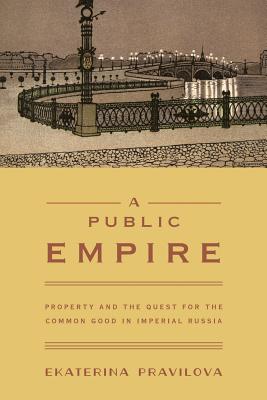Expedite your nonfiction book discovery process with Readara interviews, summaries and recommendations, Broaden your knowledge and gain insights from leading experts and scholars
In-depth, hour-long interviews with notable nonfiction authors, Gain new perspectives and ideas from the writer’s expertise and research, Valuable resource for readers and researchers
Optimize your book discovery process, Four-to eight-page summaries prepared by subject matter experts, Quickly review the book’s central messages and range of content
Books are handpicked covering a wide range of important categories and topics, Selected authors are subject experts, field professionals, or distinguished academics
Our editorial team includes books offering insights, unique views and researched-narratives in categories, Trade shows and book fairs, Book signings and in person author talks,Webinars and online events
Connect with editors and designers,Discover PR & marketing services providers, Source printers and related service providers

A Public Empire: Property and the Quest for the Common Good in Imperial Russia
History > Russia & the Former Soviet Union
- Princeton University Press
- Paperback
- 9780691180717
- 9.21 X 6.14 X 1 inches
- 1.51 pounds
- History > Russia & the Former Soviet Union
- (Single Author) Asian American
- English
Readara.com
Book Description
Property rights and Russia do not usually belong in the same sentence. Rather, our general image of the nation is of insecurity of private ownership and defenselessness in the face of the state. Many scholars have attributed Russia's long-term development problems to a failure to advance property rights for the modern age and blamed Russian intellectuals for their indifference to the issues of ownership. A Public Empire refutes this widely shared conventional wisdom and analyzes the emergence of Russian property regimes from the time of Catherine the Great through World War I and the revolutions of 1917. Most importantly, A Public Empire shows the emergence of the new practices of owning public things in imperial Russia and the attempts of Russian intellectuals to reconcile the security of property with the ideals of the common good.
The book analyzes how the belief that certain objects--rivers, forests, minerals, historical monuments, icons, and Russian literary classics--should accede to some kind of public status developed in Russia in the mid-nineteenth century. Professional experts and liberal politicians advocated for a property reform that aimed at exempting public things from private ownership, while the tsars and the imperial government employed the rhetoric of protecting the sanctity of private property and resisted attempts at its limitation.
Exploring the Russian ways of thinking about property, A Public Empire looks at problems of state reform and the formation of civil society, which, as the book argues, should be rethought as a process of constructing the public through the reform of property rights.
Author Bio
A native of St. Petersburg (Russia), Professor Ekaterina Pravilova received her Ph.D. from the Russian Academy of Sciences. She was a research scholar at the Academy of Sciences, and taught history at the European University at St. Petersburg from 2002 to 2006. She joined the faculty at Princeton in the fall of 2006. Her research interests vary greatly, ranging from the development of Russian law, economy and governance, to the study of imperial art and historiography.
Pravilova’s first book Legality and Individual Rights: Administrative Justice in Russia, (2000, in Russian) explores the regimes of governance in the Russian Empire, with a special emphasis on legal relationship between the individual and the Russian absolutist state. Her second book Finances of Empire: Money and Power in Russia’s National Borderlands (2006, in Russian) analyzes budgetary and monetary relations between Russian imperial core and its borderland regions - Poland, Finland, Turkestan and Transcaucasia.
Pravilova’s third book A Public Empire: Property and the Quest for the Common Good in Imperial Russia (2014) traces the development of Russian property regimes from the time of Catherine the Great through World War I and the revolutions of 1917. This work demonstrates the emergence of a liberal (though not individualistic) vision of society joined to new practices of owning “public things” – rivers, forests, historical monuments, the objects of art and literary masterpieces.
This inquiry spotlights a phenomenon that was never fully institutionalized in Russian law but nevertheless existed in rhetoric, politics, and popular imagination – namely, the concept of “public property,” the “res publica,” a world of things to be owned by the public yet managed by the state on the public’s behalf. A Public Empire received several awards, including George L. Mosse Prize (American Historical Association), Wayne S. Vucinich Book Prize (Association for Slavic, East European, & Eurasian Studies), Historia Nova Prize (Mikhail Prokhorov Foundation and Academic Studies Press).
Pravilova is currently working on two projects. One of them, Imperial epistemology. Knowledge, power and authenticity in Russian politics and culture focuses on the problems of knowledge in Russian social sciences and humanities. Second project Political Money. A history of the Russian ruble (1768-1917) explores the use of money as a means of effecting or blocking fundamental political transformation, first of all - the reform of autocratic political system and the introduction of political representation. This project has been supported by the John Simon Guggenheim Foundation.
Source: Princeton University
Photo Credit: Sameer Khan/Fotobuddy LLC.
Videos
No Videos
Community reviews
No Community reviews

